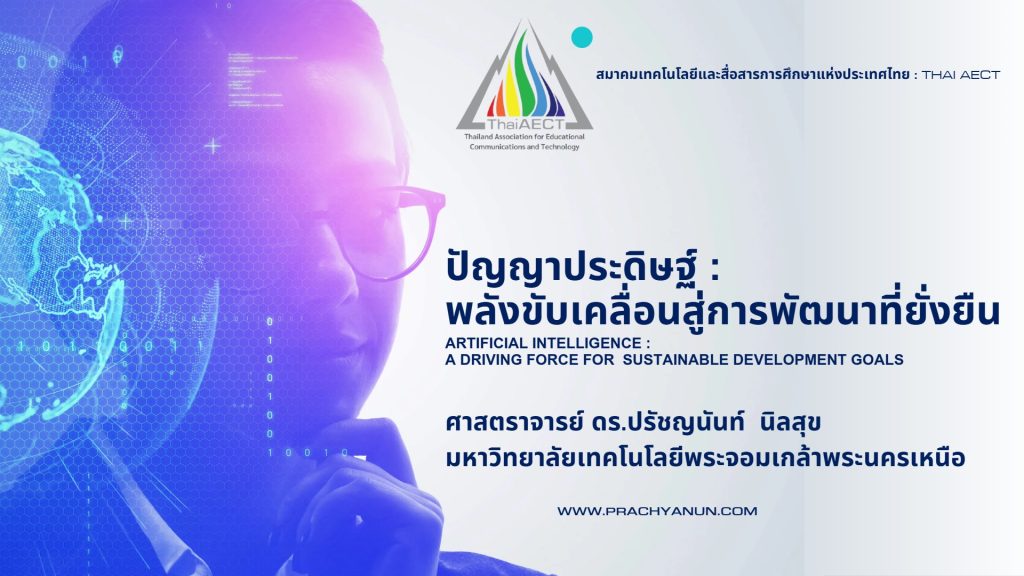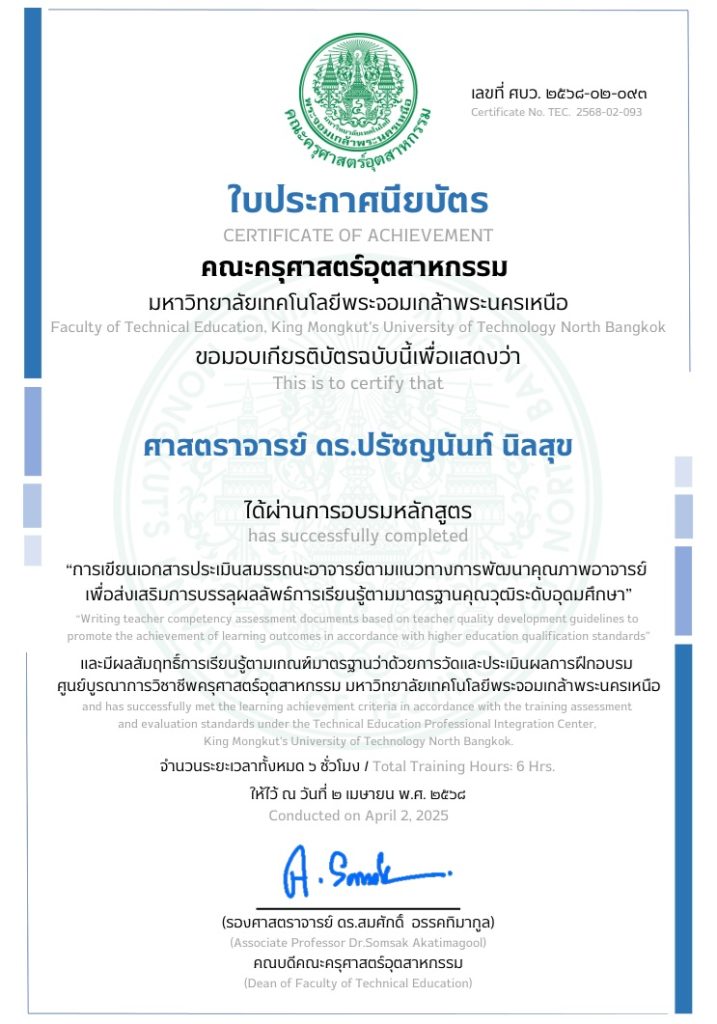Abstract
The purpose of this research is to study the elements and processes of digital teacher design. Generative AI can be processed visually for navigation in conjunction with visual intelligence through mixed reality technology, thereby adding practical learning and character design for animation purposes. This research focuses on the application of generative AI technology combined with visual processing to develop digital teachers with intelligent visual abilities using mixed reality technology, to enable the creation of more dimensional and interactive practical learning experiences, especially in the field of character design for animation. Using visual intelligence allows learners to learn better using a hands-on approach, which improves learners’ design and creative skills in a hybrid reality and digital environment. Education for digital teacher design can use generative AI that can be processed visually for navigation with the aid of visual intelligence. This study was conducted in the form of an observational study supported by a literature review to study the elements and processes for modeling the design of digital teachers. Use questionnaires to assess the modeling process and digital teacher design process. The researcher evaluated the design process using 3 practical teachers, 3 gen-ai experts, 3 visual intelligence experts, and 3 MR technology experts, for a total of 12 people. The evaluation led to an average value of 4.69 ± 0.40, with an average value of 4.69 ± 0.40 (the highest quality). Generative AI that can process visuals for navigation with visual intelligence through mixed reality technology enhances the practical learning of character design for animation, resulting in learners being able to effectively develop important skills and be highly involved in the learning process. The use of mixed reality technology enhances the immersive and engaging learning experience for learners. It is effective and can increase the learning of character design for animation work, which can be applied in teaching and learning management in the future.
Vipusit Piankarnka, Pinyaphat Tasatanattakool and Prachyanun Nilsook (2025) Designing digital teachers with generative AI through mixed reality technology to increase practical learning in designing characters for animation. International Journal of Innovative Researchand Scientific Studies,8(4) 2025, pages: 1129-1144.
https://doi.org/10.53894/ijirss.v8i4.8017


